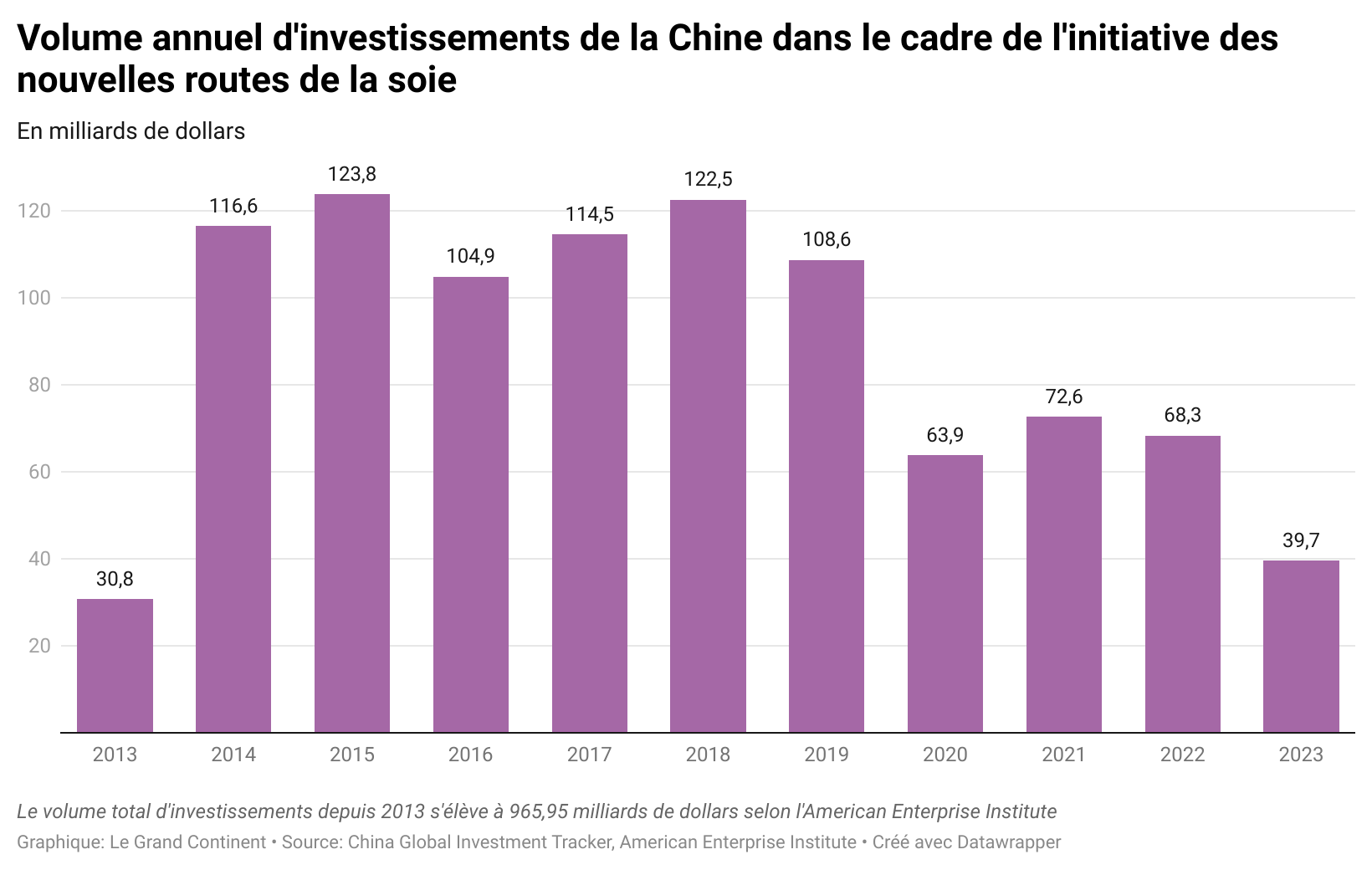Some of the decisions taken at the summit were progress, even major diplomatic turning points.
- The African Union has officially entered the G20, a diplomatic victory for Modi that puts him in a good position in his relations with the South – especially in his relations with China, one of his main rivals in this diplomatic sphere. Another important action, he de facto imposed another name for India, Bharat, by displaying it prominently at the plenary session of the summit. This decision must be understood in the context of the leadership role that India wants to take with South Korea, but also for internal political reasons.
- The G20 countries have agreed on a joint declaration regarding the war in Ukraine, which is included in their final declaration. Modi then succeeded in getting a compromise from Ukraine supporters who wanted direct and explicit condemnation of Russia as an aggressor country – a declaration that was criticized by Kyiv.
- The G20 Declaration also reaffirmed the need to accelerate the resolution of the debt crisis of the countries that are part of the G20 General Debt Framework: Ethiopia, Ghana and Zambia.
- Joining the African Union is also good news for African countries facing debt problems, who are now collectively represented in the same way as the majority creditor countries of the G20 which until now have drafted debt-related initiatives for Southern countries, such as the Common Framework it was rolled out in 2020 – the effectiveness and speed of which may be questioned in cases where it has recently been implemented, for example in Zambia.
- The final declaration also contains points about the G20 General Framework for digital public infrastructure systems, and also maintains the principle of global coordination for the supervision of artificial intelligence.
- The climate declaration is not a major turning point compared to the outcome of the Bali Summit in 2022, apart from the emphasis on the need to accelerate the development of renewable energy. But India announced the launch of the Global Biofuel Alliance, which already includes 19 countries.
On the sidelines of the summit, a memorandum of understanding was signed between India, the United States, Saudi Arabia, the United Arab Emirates, Italy, Germany, France and the European Union towards a new trade corridor (India-Middle East-European Economic Corridor, or IMEC) which is another win for India and the United States.
- It will consist of an eastern corridor between India and the Arabian Peninsula, and a northern corridor connecting the Arabian Peninsula to Europe.
- This United States-led project includes major investments in transportation infrastructure. This is a direct response to the New Silk Road initiative that has guided China’s massive overseas investment over the past ten years and has seen a marked slowdown since 2020.

“Twitter junkie. Hipster-friendly bacon expert. Beer ninja. Reader. Communicator. Explorer. Passionate alcohol geek.”







